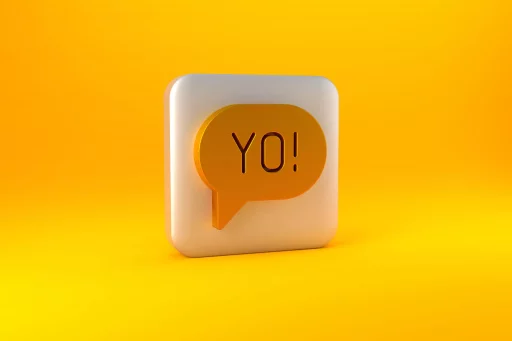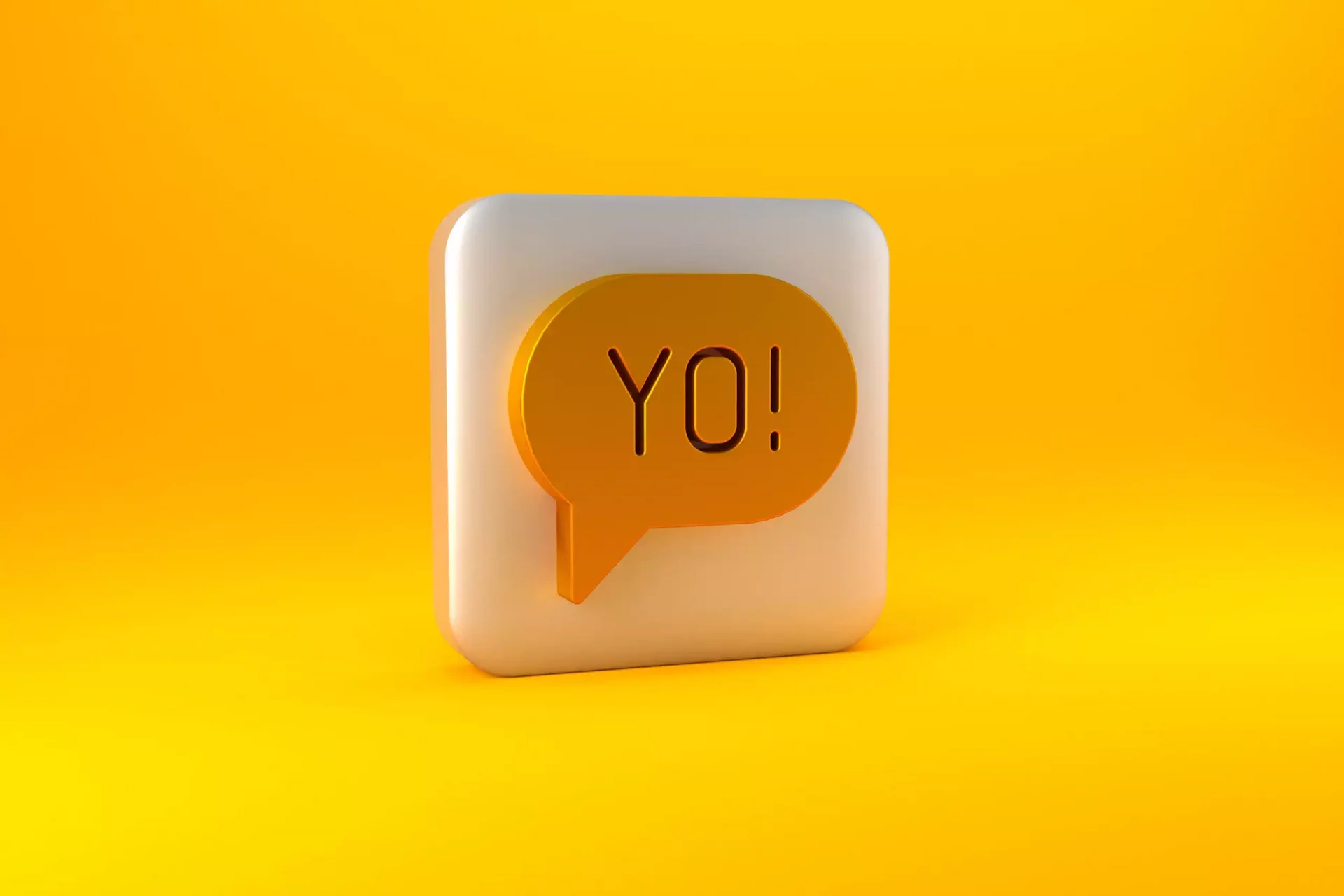Introduction to ‘For Real’ Slang
The phrase ‘for real’ has transcended its original meaning to become a pivotal piece of modern slang, especially among younger generations. This expression is used to affirm the authenticity or seriousness of a statement and often reflects the speaker’s emotional state. In this article, we will explore the origins of ‘for real’, its evolution, and its impact on communication today.
The Origins of ‘For Real’
Originally emerging from African American Vernacular English (AAVE), ‘for real’ has its roots in the cultural dynamics of the African American community. The phrase has been used since the early 20th century, gaining mainstream popularity in the 1990s, largely due to its frequent usage in hip-hop music and culture.
The Evolution of the Phrase
As the phrase entered the broader cultural lexicon in the late 20th and early 21st centuries, it evolved to serve various purposes in communication:
- Emphasizing Honesty: Individuals use ‘for real’ to underscore that they are being truthful.
- Expressing Surprise: It can denote disbelief or astonishment about an unexpected situation.
- Checking Understanding: People often use it to confirm that others are on the same page during conversations.
Examples in Everyday Conversation
To fully grasp how ‘for real’ has integrated into modern conversations, consider the following examples:
- Casual Confirmation: “I just aced my exam!” – “For real? That’s amazing!”
- Surprise or Disbelief: “I can’t believe he actually quit his job.” – “For real? I thought he loved it there!”
- Seriousness: “I’m serious about moving to another city for a job opportunity.” – “For real? That’s a big step!”
Case Studies: ‘For Real’ in Media and Culture
The phrase ‘for real’ has permeated various media forms, particularly in music, television, and social media. Here are a few notable instances:
- Hip-Hop Influence: Several hip-hop artists have popularized the term in their lyrics, embedding it deeply into youth culture. For example, songs by artists like Lil Wayne and Drake frequently employ the term, reinforcing a sense of authenticity.
- Television: Popular shows like *Friends* and *The Office* have had characters use the term, showcasing its casual yet impactful role in day-to-day dialogue.
- Social Media Trends: Platforms like TikTok have seen challenges and trends arise around the phrase, where users emphasize their truthfulness or disbelief on a variety of topics.
Statistics on Slang Usage
To understand the impact and reach of slang such as ‘for real’, let’s look at some interesting statistics:
- According to a 2022 study by Statista, approximately 57% of Gen Z’s daily conversations include slang.
- Another survey from Journal of Youth Studies reported that 67% of teenagers believe that using slang makes communication more relatable.
- A report from Pew Research Center highlighted that 85% of youth recognize and understand terms such as ‘for real’, indicating its ubiquity in modern conversations.
The Impact of ‘For Real’ in Communication
The incorporation of ‘for real’ into everyday language carries significant implications for communication. It enhances relatability and can soften the delivery of critiques or serious statements. Notably, it can also bridge generational gaps, allowing older and younger individuals to connect through shared vernacular.
Conclusion
In today’s global and highly connected world, slang terms like ‘for real’ not only enrich language but also serve vital communicative functions. As we continue to evolve culturally, expressions rooted in authenticity, like ‘for real’, will remain essential tools for human connection.






